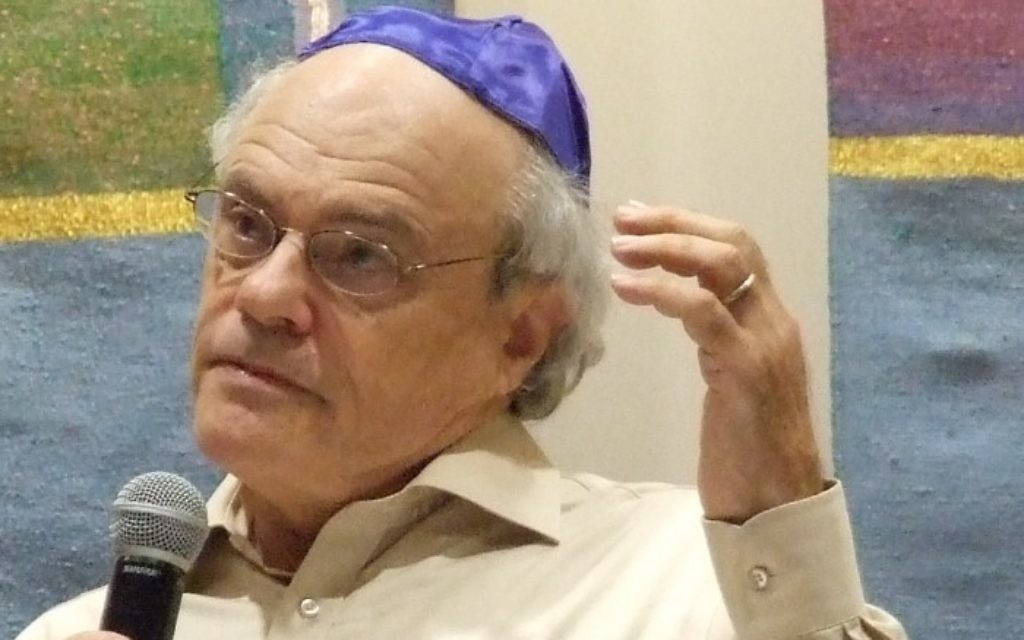Asking College Questions
The college admissions process is more daunting and competitive than ever. So how should parents and students make the tough decisions on what schools to apply to and which to attend?
In the first of a three-part series led by Emory professor and Center for Israel Education President Ken Stein, parents and students gathered to talk about the college application process. The session, held at the Weber School on Oct. 5 was designed to encourage students to think outside the box when planning for college.
Stein said parents and students often don’t do enough research before committing to a school.
Get The AJT Newsletter by email and never miss our top stories Free Sign Up
Among the important questions to ask:
- Are there enough faculty members in your chosen major?
- How many upper-level courses are available in that major?
- Will a first-year class like “Intro to Physics” have 40 students or 400?
- Are there adequate internship opportunities near the institution? Universities in smaller towns may have fewer options than a place like Northwestern in Chicago.
“What do you want out of college?” Stein asked the group. “It’s up to you to choose a university where your dreams and aspirations will be fulfilled.”
Maddie Monahan, assistant dean of admissions at Emory, spoke about what institutions look for in an applicant.
“The college admissions process has changed a lot in the last 20 years,” she said. “What we look for now, besides test scores and GPA, is engagement. Is an applicant excited and involved? Do they get it?”
Asked how Jewish groups such as USY, NFTY and BBYO are viewed on an application, Monahan said all organizations are taken into consideration, with an emphasis on leadership roles.
The next session in the series, hosted by CIE and the Emory Institute for the Study of Modern Israel, will take place in February and focus on the campus atmosphere and problems such as anti-Semitism and the boycott, divestment and sanctions movement.
Part 3 in March will discuss strategies for reacting and engaging with peers and professors on the topic of Israel.






comments